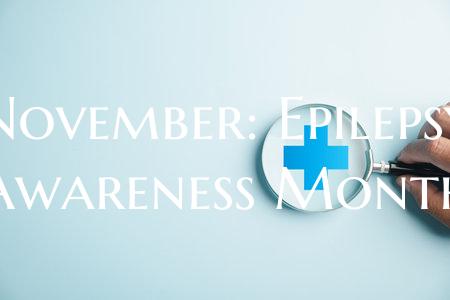
November: Epilepsy Awareness Month
November is recognized as Epilepsy Awareness Month, dedicated to spreading awareness and understanding about epilepsy, a neurological disorder that affects millions of people worldwide. During this month, advocates, healthcare professionals, and individuals impacted by epilepsy come together to educate the public, reduce stigma, and support those living with the condition.
Epilepsy is a chronic disorder characterized by recurrent and unpredictable seizures, affecting the central nervous system. These seizures can vary in intensity and duration, causing a range of symptoms such as jerking movements, loss of consciousness, unusual sensations, or temporary confusion. It is essential to note that epilepsy is not a mental disorder or a sign of intellectual weakness, but a medical condition with various underlying causes, including genetics, brain injuries, tumors, or infections.
Raising awareness about epilepsy is crucial to dispel myths and misconceptions surrounding the condition. Many individuals with epilepsy face challenges such as discrimination, social isolation, and limited opportunities due to lack of understanding. By promoting epilepsy awareness, we can create a more inclusive and supportive environment that empowers those affected by the disorder to lead fulfilling lives.
During Epilepsy Awareness Month, initiatives such as educational campaigns, fundraising events, and support groups are organized to engage communities and provide resources for individuals with epilepsy and their families. These efforts aim to enhance public knowledge about the condition, promote early detection, and encourage empathy and acceptance for those living with epilepsy.
As we observe Epilepsy Awareness Month this November, let us stand in solidarity with individuals battling this condition, extend compassion to those impacted by epilepsy, and work towards building a more inclusive society where everyone can thrive regardless of their health challenges. Together, we can increase awareness, promote understanding, and contribute to creating a supportive environment for individuals living with epilepsy.